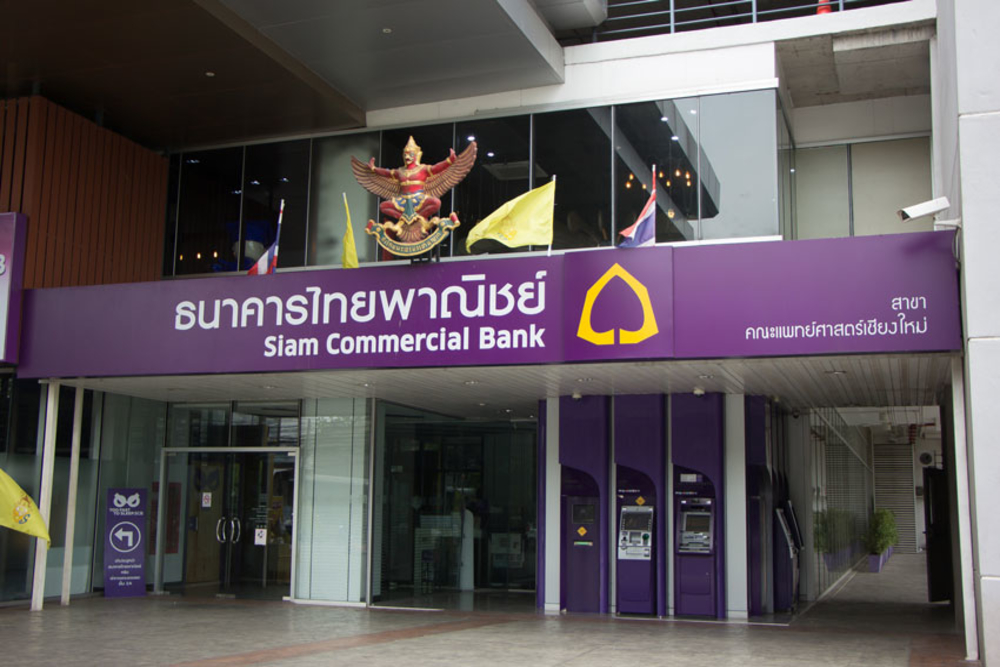Thailand’s oldest bank and fourth-largest lender by asset, Siam Commercial Bank Pcl (SCBX) on Tuesday announced that it has acquired a 51% stake in local cryptocurrency exchange platform, Bitkub for $537.17 million
As per the announcement, the deal is expected to be finalized by Q1 2022, since it is still awaiting regulatory approval from the country’s financial watchdog.
SCBX CEO, Arthid Nanthawithaya noted the acquisition will drive the company’s growth in an advanced financial society.
The acquisition will “help the SCBX Group create new growth value in the long term amid a new financial world,” Nanthawithaya said.
Founded 3 years ago, Bitkub is a Bangkok-based cryptocurrency exchange platform. It is one of the firms that received authorization from the county’s financial watchdog to operate crypto-related trading activities.
It offers financial advice for businesses and provides education on cryptocurrencies.
Speaking on the development, Bitkub founder and CEO, Jirayut Srupsrisopa said:
“We needed to elevate Bitkub to the global level, so we turned to a strong partner like SCB to help us achieve our target faster and more sustainably.”
Meanwhile, Thailand has not been very accommodating to several crypto-related activities over the past few years.
About 5 months ago, the Thai Securities and Exchange Commission (Thai SEC) banned memecoins and non-fungible token (NFT) trading in the country.
The commission ordered cryptocurrency exchanges across the country to stop supporting cryptocurrencies that have no clear underlying purpose where the price is purely trend-following.
Despite strict regulations on cryptocurrencies in the country, interest in the asset class continues to increase.
In a recent development, the Thai retail giant, Central Retail Corp., announced it had begun a testing phase for its own digital currency.
The company noted that the digital currency dubbed “C-Coin” will be distributed first to its employees and will consider issuing it to its customers depending on its performance.










